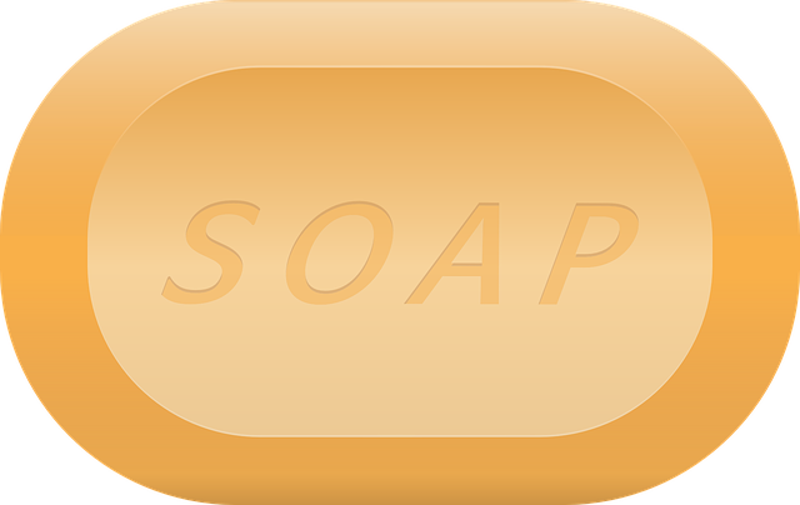Cleaning up after a hard day’s work is important and Home Depot has all you need to help clean yourself. With a Home Depot Money Off Coupon from We Are Coupons you can save money in all the soap you need, but do you know it’s history?
Soap is a common household item and it is used in many ways. It is made of various materials and has a long history. From the ancient Egyptians to the Mesopotamians and French chemists, it has a fascinating history. Let's learn about the early people who made and used soap. In this article, you'll discover the early methods used by Ancient Egyptians and Neo-Babylonians.
Ancient Egyptians
The use of soap is not new to the Ancient Egyptians. During the first and second Intermediate Periods of Egyptian history, Egyptians were known to have a natron, or ash, based soap for personal hygiene. Natron was a natural substance that was scented and used by the wealthy to clean themselves. Egyptians also made soap with oils and alkaline salts and used it to wash their bodies several times a day.
Mesopotamian methods
The earliest recorded use of soap dates back to 2800 B.C. in the Sumer region of southern Iraq. Inscriptions found in the area describe ancient civilizations using animal fats, wood ash, and water to create soap-like substances. These techniques were later further refined by the Babylonians and Egyptians, who made their soaps from plant ash, animal fat, and oils. Ancient soaps had the same basic properties as modern soap: they produced a lather and removed dirt.
Neo-Babylonians
Soap dates back to 2800 BC in ancient Babylonia, when the first known soap was used to wash wool. This was during the time of the Akkadian Empire. The name Babylonia was derived from the ancient Greek term for "the country of Akkad."
French chemists
Soap became a widely available item for personal use in the late eighteenth century, and it took the work of French chemists to make it commercially viable. Nicolas Leblanc patented a method for transforming common salt into caustic soda, and Michael Chevreul discovered that fatty acids react with alkali carbonates to form soap. By the mid-nineteenth century, commercial bar soap was available and mass production of soap was a common practice. During this time, Louis Pasteur proclaimed that good personal hygiene would prevent the spread of disease.
Romans
The Romans were the first to discover the benefits of using soap for personal hygiene and cleaning. They used it in their baths, which were very popular pastimes. Throughout the empire, Roman baths were built, with the earliest bath dating back to 312 BC. The Romans also used soap to clean their clothes. They mixed soap with urine, and the Emperor of Florence encouraged the town folk to use the mixture to clean their clothing.
French chemists' discoveries
The process of making soap began thousands of years ago. The ancient Romans, who had animal sacrifices on mountaintops, made soap by mixing animal fat with Tiber River clay and wood ashes. Although soapmaking has changed drastically since then, the basic ingredients of true soap remain the same: fats and oils mixed with lye. Up until the late 1700s, people had to make soap at home. But a French chemist came up with a commercial soap-making process in 1791




